Keywords: South Australia
There are more than 200 results, only the first 200 are displayed here.
-

ARTS AND CULTURE
- Barry Gittins
- 12 August 2022
Journalist and author Elle Hardy spent 15 months researching and writing her 2021 work Beyond Belief: How Pentecostal Christianity is Taking Over the World. She notes the estimation that by 2050, one billion people around the world (one in 10 humans) will be a Pentecostal follower of Jesus (and their pastor).
READ MORE 
-
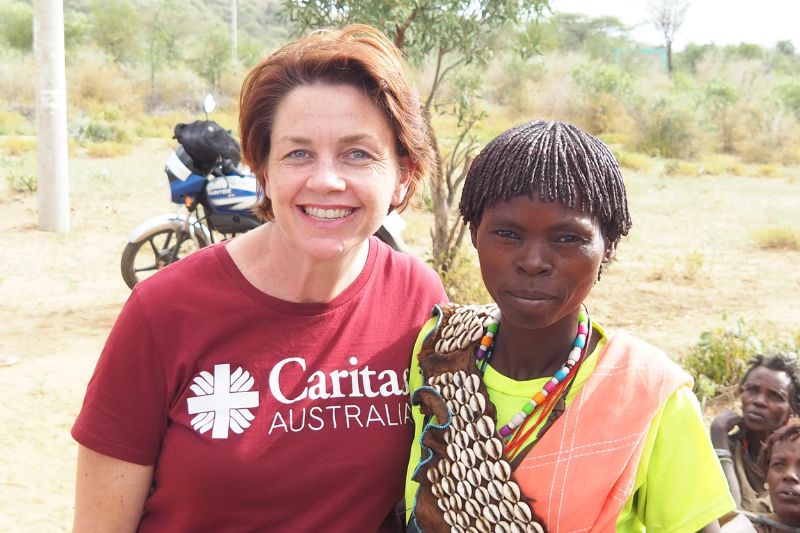
INTERNATIONAL
- Kirsty Robertson
- 10 August 2022
2 Comments
Last month I travelled to Ethiopia, visiting an IDP (Internally Displaced Persons) camp filled with thousands of people facing a hunger crisis. The triple threats of conflict, COVID and climate have created the perfect storm, with serious impacts on countries that depend heavily on grain, fuel and fertiliser imports from Russia or Ukraine, including Yemen, Somalia, Ethiopia and Sudan.
READ MORE 
-
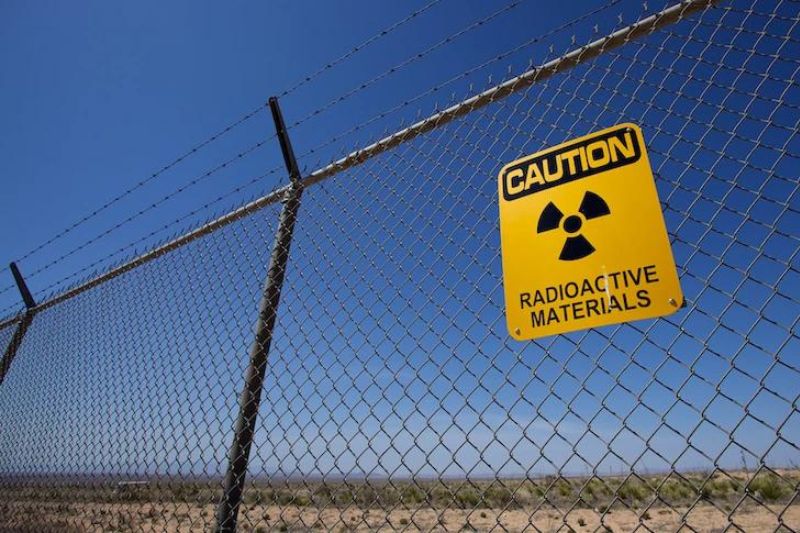
ENVIRONMENT
- Michele Madigan
- 04 August 2022
9 Comments
With $1 trillion of debt accumulating over the last seven years in attempts to establish a National Radioactive Waste Management Facility, the new Labor Government is facing mounting pressure to rethink the nuclear waste storage plan for Kimba.
READ MORE 
-
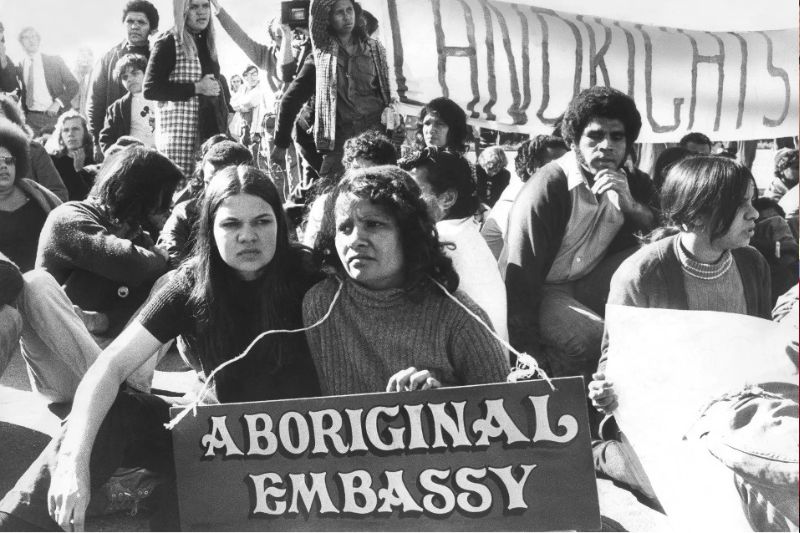
AUSTRALIA
The ‘Land Rights Now’ banner is hoisted against the wind, and the marchers set off for the Embassy. A young Aboriginal woman walks ahead of the banner. She has dyed her hair red. She turns and leans into the wind to face the marchers, holding a megaphone to her mouth. ‘What do we want?’ she shouts, ‘When do we want it?’ And she keeps going, exhorting the marchers. We reply ‘Land Rights … Now!’ The crowd tires before she does.
READ MORE 
-
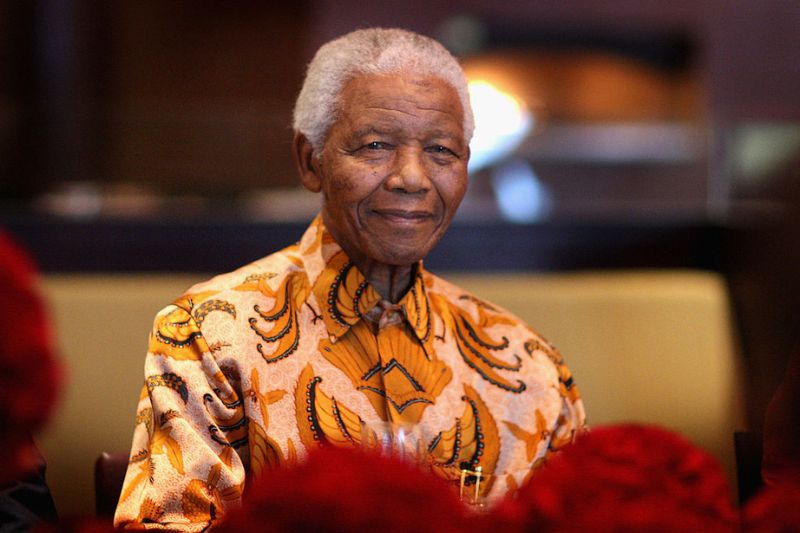
INTERNATIONAL
- Andrew Hamilton
- 14 July 2022
3 Comments
The leaders of the past are often referred to as a measuring stick for evaluating the present. Australian prime ministers are routinely compared to John Curtin or Robert Menzies. This coming week calls to mind another leader against whom we might measure others. July 18 marks Mandela Day, an annual international day in honour of Nelson Mandela, the first Black President of South Africa. Mandela had the quality, rare today, of being born to rule.
READ MORE 
-

RELIGION
- Beth Doherty
- 01 July 2022
6 Comments
Debate between more traditionalist Catholics and those who want to see reforms more fully implemented has become increasingly heated in the lead-up to the Plenary Council. One thing that could prevent a serious split from happening is the simple act of talking — and listening — to one another.
READ MORE 
-

RELIGION
- Elizabeth Young
- 15 June 2022
3 Comments
Should women be considered for ministry as deacon? Should Pope Francis authorise such ministry? This topic often raises emotions, and strong views either for or against. This is one of the questions posed by Motion 54 to the Church’s July Plenary Council session, where members will amend and vote on 105 motions, prompted by the question, ‘What do you think God is asking of us in Australia at this time?’ Motion 54 is one to watch.
READ MORE 
-
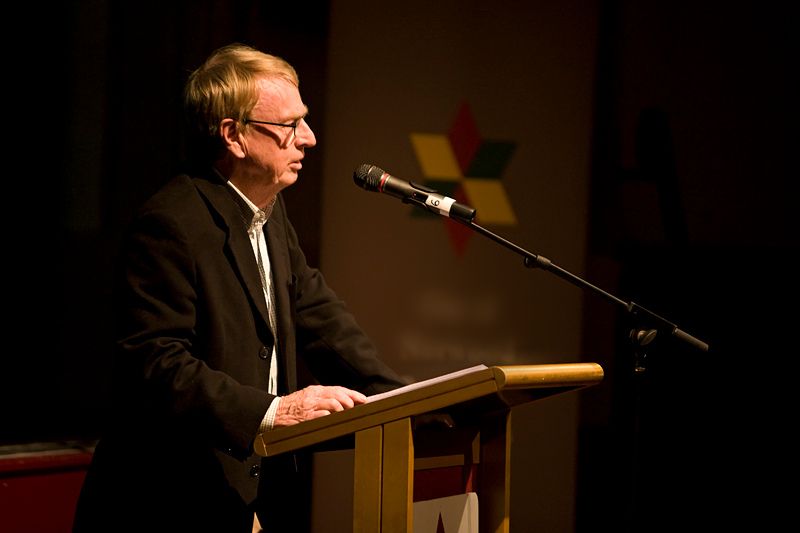
ARTS AND CULTURE
- John Schumann
- 15 June 2022
5 Comments
Most of us, when pushed, can name a couple of teachers who had a profound influence on our lives. For me, Brian Matthews was one such teacher. I enrolled in English at Flinders University in 1972. On asking the enrolling officer whether anybody was ‘doing anything about Lawson’, I was directed to the office of Brian Matthews, a recent appointment to the English Department. ‘I hear you know something about Lawson,’ I said, leaning in his doorway.
READ MORE 
-
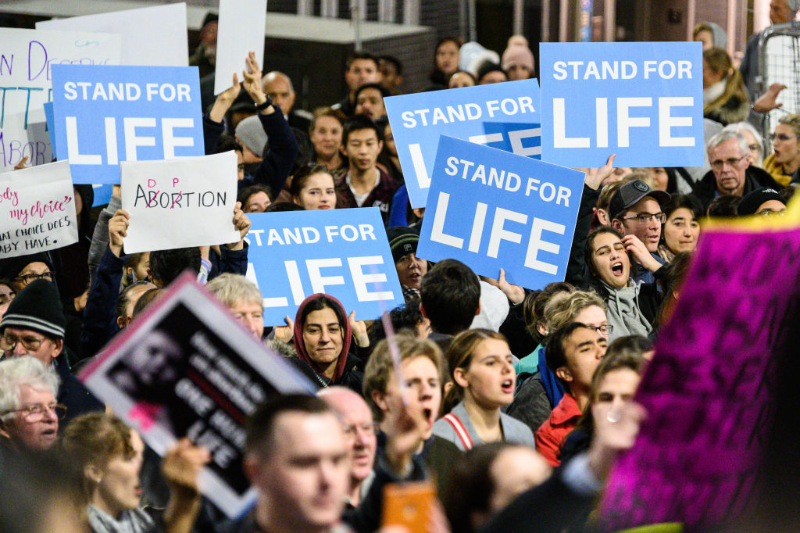
AUSTRALIA
- Michael McVeigh
- 15 June 2022
6 Comments
One would assume that the Victorian Liberal Party has looked at the numbers, and believes that religious conservatives no longer make up a significant proportion of their constituency. Certainly, the moral authority of the Catholic Church and other Christian denominations has taken a battering in the state over the last decade, with many remaining openly hostile to religious perspectives. If the pro-life movement was ever a significant force in Australian politics, that’s no longer the case.
READ MORE 
-
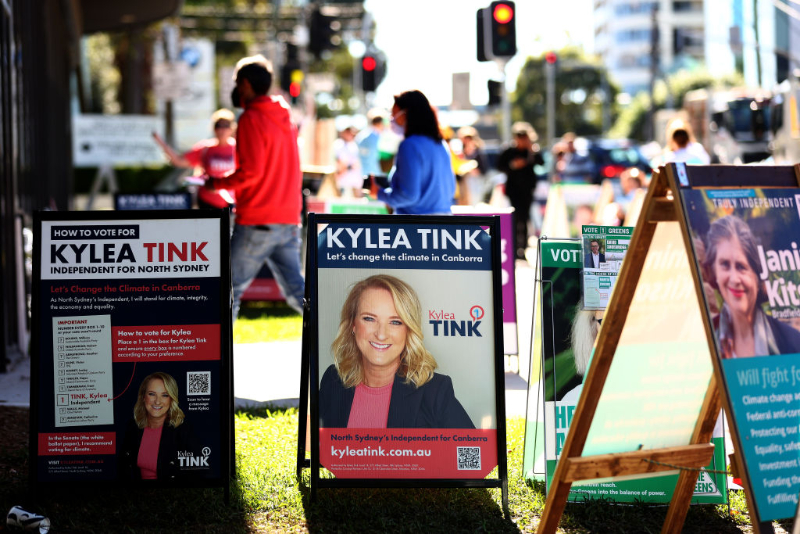
AUSTRALIA
- Binoy Kampmark
- 24 May 2022
11 Comments
The centre of the political system did not so much hold as desert. The vote was a furious, determined and tenacious shout from the estranged centre, a shivering of the timbers. The calibre of individuals elected — many from professions, many with public service outside the traditional party hierarchy of patronage and promotion, and most, women — has not been previously seen in this country’s politics.
READ MORE 
-
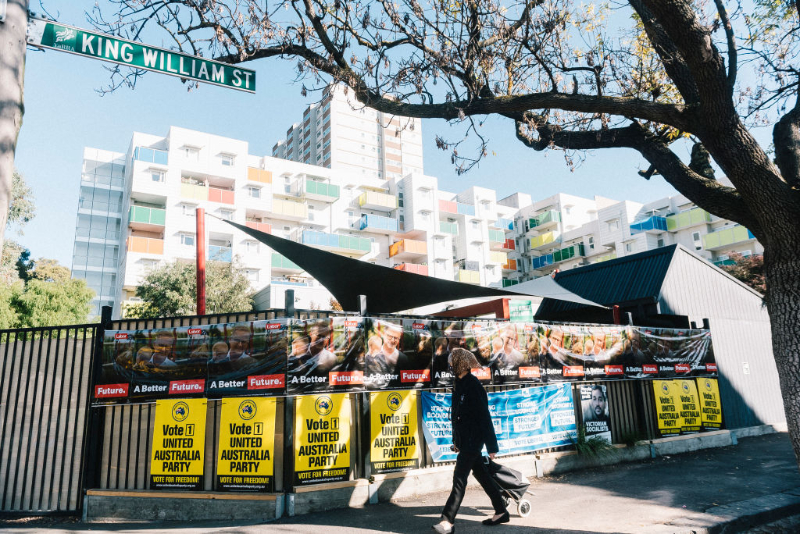
AUSTRALIA
- John Warhurst
- 24 May 2022
13 Comments
Governments lose elections, but Oppositions still must demonstrate that they are a capable alternative. Both the Morrison Coalition government and the Albanese Labor Opposition played their part last Saturday. There were many sub-plots in the pattern of voting, but this election was primarily lost and won in the four biggest mainland cities.
READ MORE 
-
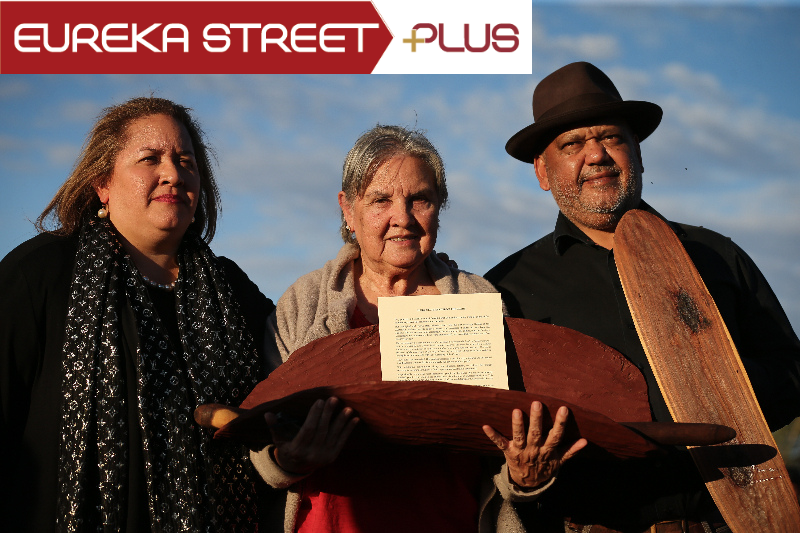
AUSTRALIA
- Frank Brennan
- 06 May 2022
5 Comments
Whoever is Prime Minister after the election on May 21, he will need to address the question of Indigenous recognition in the Australian Constitution. This is the sixth election in a row when the question has been a live, unresolved issue during the election campaign. The patience of Indigenous leaders is understandably wearing thin. Trust is waning. There is still no clear path ahead. So where to from here?
READ MORE 